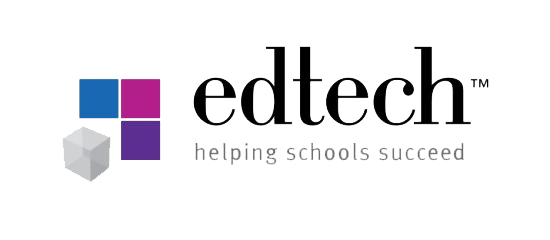Cyclical maintenance in schools refers to the significant property maintenance work that schools do on a regular basis to maintain quality and to prevent small problems becoming larger ones that will become more costly to remediate. The most common example is external painting of school buildings which needs to happen on a regular basis over a period of 7-10 years.
Schools receive a Property Maintenance Grant from the Ministry as part of their operational funding. As this is paid quarterly, a portion must be set aside each year to build up a fund for large maintenance projects that will need to happen over the next few years. Determining how much funding needs to be set aside each year is where the Cyclical Maintenance Calculation comes in.
This should not be confused with the MoE 10-Year Property Plan (10YPP) funding, which is not part of the operational grant. However, it is now expected that planning for cyclical maintenance will be integrated within the overall 10YPP, even though the Board has to meet these costs.
The starting point for the calculation is the 10YPP as this identifies the property projects that need to be completed over a 10-year time frame to ensure that school buildings are maintained and meet the learning and teaching needs of the school.
The calculation spreadsheet is then used to itemise each project with the quoted or estimated costs. The calculation total then becomes a liability in the balance sheet as the provision for cyclical maintenance. The amount of the provision is split annually between current projects, those that will be carried out in the following year, and future or non-current projects.
The provision made for cyclical maintenance is one of the key areas of focus for the 2021 audit. The auditors are tasked with auditing the reliability of the estimates and assumptions that underpin the calculation. In doing this they need to check that:
The 10YPP includes cyclical maintenance projects with a level of detail that matches the descriptions in the calculation.
There is alignment between the plan and the calculation.
There is evidence to show that the 10YPP has been reviewed by a property expert within the last 3 years.
Any painting planned for 2022 is included in the calculation as a current project.
There is no duplication or overlap between the cyclical maintenance calculation and 5 Year Agreement (5YA) funding held for capital works projects. If there is, then the project should remain in the calculation but with a nil cost.
School managers and the Board have reviewed the calculation with consideration given to possible/likely increases to the projected cost of future projects.
The calculation has been approved by the Board.










